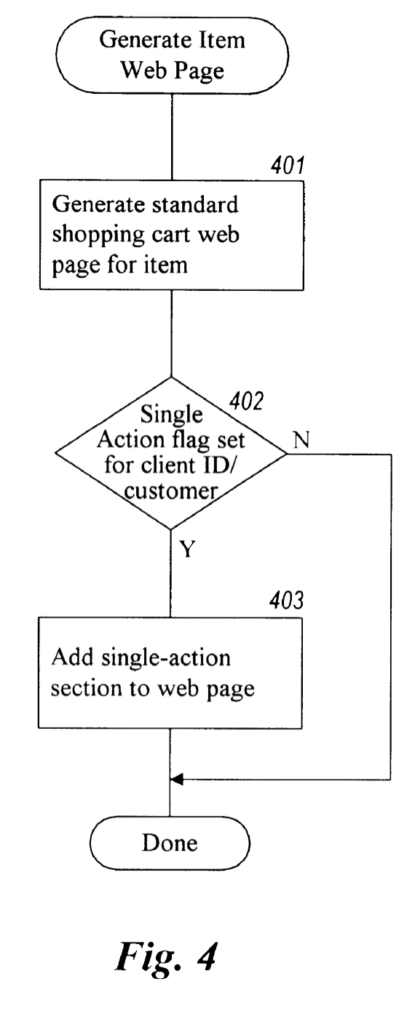I keep hearing people say “software isn’t patentable”.
If you don’t consider software to be patentable, I would suggest you look more closely at Amazon’s 34,268 patents, Facebook’s 31,314 patents, or even Twitter or Netflix’s thousands of patents.

You may have heard of Amazon’s “One Click” patent, in particular. This patent prevented Amazon’s competitors from allowing their customers to buy a product with only one click.
There are clearly a few misconceptions around this.
Processes are certainly patentable, and what is software if not a process encoded into a computer?
If you are thinking, well that’s just the large, well established, tech companies, then I would argue with you on that end too. Although the majority of startups don’t have patents, there are many that do, and they get more funding. There is research that shows “start-ups that filed at least one patent prior to applying for VC funding obtained a 51.7% higher amount of VC funding than did start-ups that did not file.”
That’s not to say that ALL software companies should be filing patents. Just like with any business it is important to determine 1) whether or not patents make sense for your business, and 2) whether or not you have developed (or are developing) a patentable product. These are not easy questions to answer, especially when it comes to software, but The IP Link is here to help!
After getting the right help, if you do end up determining that you will move forward with filing a patent on your software, there are a couple legal subtleties around how software patents should be written to ensure they have the best chance of being accepted by the patent office. It is important to include certain language in software patents that might not be needed in other types of patents. But this should not be taken to mean that software isn’t patentable outright.
When it comes to software, there may also be some confusion over the difference between copyright and patent. Copyright may slightly reduce the likelihood that a competitor (or disgruntled employee) copies and pastes your code and uses it as their own. On the other hand, copyright has no power to stop another party from creating your exact app or software themselves from scratch once they see how it’s done and how successful your product is in the market. They can’t use screenshots of your media, but they can create their own.
Patents are a far stronger form of protection that may enable you to prevent competitors from using the idea behind what your software does and how it works, not just the specific code.
So if you’ve dismissed software as “unpatentable”, I would highly suggest you consider it more closely. Watch the video below for more info and book a call with me here to get started with a proper review of your patent opportunity: https://theiplink.com/book/


